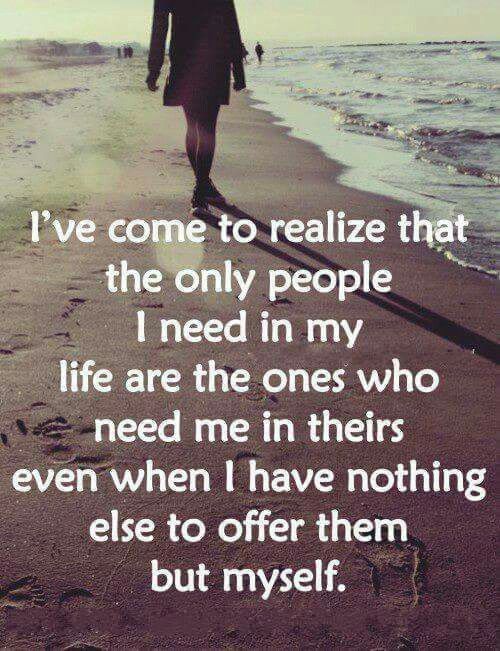There are magical people. They are the ones who know how to listen and hide a sensor in their heart to immediately alert them to their sadness, their illusions or their joys. They have nothing to say, because they know how to read between the lines, between the eyes and through gestures. They speak the language of affection and their eyes hide an ocean of calm where we like to take refuge.
Emily Dickinson stated in one of her poems that no one would live in vain if she managed, at least once, to prevent a heart from breaking, to avoid the agony of a life, to help a lost bird find its nest or to take care of a pain of the person . . . But beyond the poetic that these dimensions may seem, behind them there is an essential idea: to help you have to feel the need of the other.
- However.
- And we all know that in our day to day there is a very dark presence called hypocrisy.
- We gradually accepted his reign almost incessantly.
- To the point that there is no shortage of people who exalt the noble values of altruism and respect while they dress.
- Every day the armor of this?hermetic where you cannot see.
- Feel and understand who is nearby.
It should not be forgotten that those who need help the most do not always know it or cannot ask for it, because those who suffer do not carry posters, in fact often hide in silence, such as the teenager who locks himself in his room, the boyfriend who silences in the other half of the sofa, or the bride who lets her tears flow from the other side of the bed.
Knowing, feeling and perceiving the need of others is what makes us worthy on a human level, because we use that emotional closeness that enriches us as a species taking care of our loved ones, we suggest that you think about it.
Believe it or not, most of us have exceptional power: reading in spirit, that’s exactly what Daniel Siegel, Harvard University’s phD in psychiatry and director of the Center for Culture, Brain and Development, tells us. his book “The Conscious Brain,” explains that each of us can become great “mind readers,” because the mind?and here’s the most important point?it’s ruled by a whole universe of emotions that need to be deciphered.
In fact, most of us apply this?The everyday. Just look how our boss feels and pull the air to warn him something’s wrong. We understand in the tone our friend uses to tell us that something concerns him. We also know when our grandson is lying to us and when our brother has fallen in love with someone again.
Emotions are like champagne bubbles, are we ruining our everyday world, our faces, our expressions, our gestures, our words?They circulate around us in a chaotic way, bursting into small information bombs capable of producing multiple sensations by sympathizing with them, however, warns Dr. Siegel Nosotras himself that there are people with “emotional blindness”. In addition, there are personality profiles unable to feel these “bubbles” – the emotions of their loved ones.
William Ickes is one of the psychologists who has studied the dimension of empathy at the scientific and experimental level. Strange as it may seem, and this fact is quite interesting, at the family level, the capacity for empathy among its members in general does not exceed 35 points However, among good friendships exceeds 70.
The reason? At the family level, it is common to put many personal filters, sometimes we just see our children, our partner, our brothers or our parents as we want, not as they really are, it is with this mental blindness that we make sure that everything is okay, that our “little world” does not have loose handles, when in reality there are many needs to meet and many links to heal.
Listening to what the other person communicates to us without saying anything has a name: emotional communication. This “superpower” evolved in our species through all these brain areas that shape the dimension of empathy. Researchers at Monash University in Australia explain that effective empathy is linked to the ‘island crust’, while cognitive empathy, on the other hand, is found in the ‘cingulate cortex’, just above the connection between the two brain hemispheres.
We all have these structures, however, we do not always value their ability, their energy and that bond that would certainly further enrich our relationship, so not everyone knows how to feel or get along with such genuine closeness often relates to a lack of willpower or an excess of ego. This is what Emily Dickinson told us in her poem, “No life will be in vain if you can feel and help someone else. “
Because everyone who feels with his heart wakes up, and everyone who helps shows a real will and concern for the other, hence comes that wonderful power that makes us unique, that offers quality to our relationships and that, in essence, gives us the most precious power that exists: that of giving happiness.
Images courtesy of Catrin Welz-Stein.

